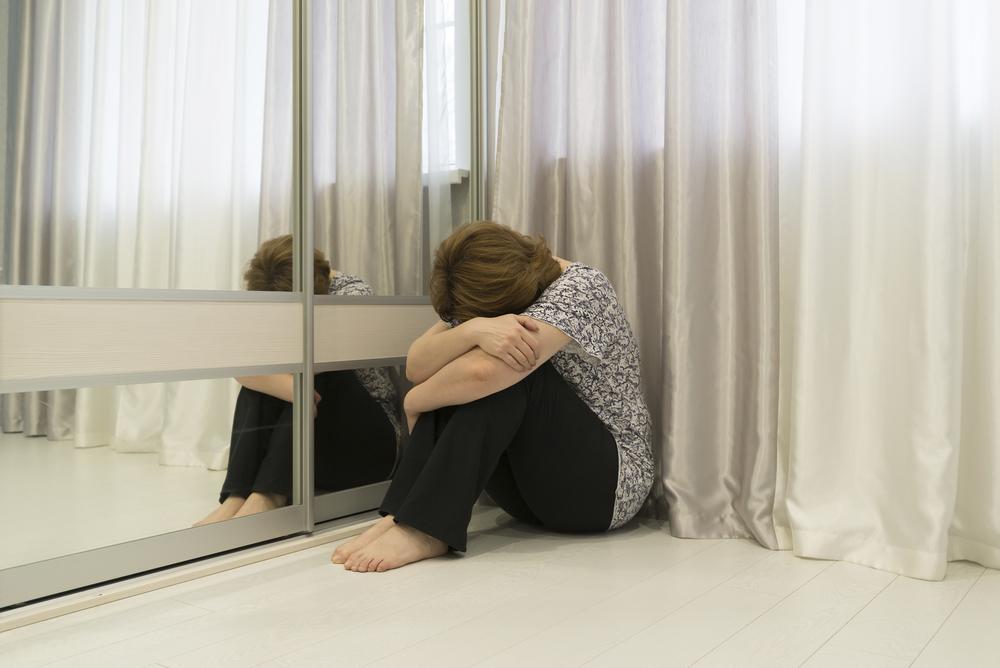Recognizing Hidden Symptoms of Depression: What You Need to Know
Depression often manifests through subtle, less obvious symptoms that can be easily overlooked. This comprehensive guide highlights key signs such as weight changes, emotional numbness, digital dependency, and neglect of self-care, emphasizing the importance of early detection and intervention. Recognizing these signs can facilitate timely treatment, improving mental health and overall well-being. Stay informed about the hidden signals of depression and learn how to support yourself or loved ones in need of professional help for a healthier, more balanced life.

Recognizing Hidden Symptoms of Depression: What You Need to Know
Depression, medically known as Major Depressive Disorder, is a widespread mental health condition that significantly impacts millions of individuals worldwide. It is characterized not only by persistent feelings of sadness and hopelessness but also by a complex array of symptoms that often go unnoticed or are misinterpreted. Recognizing the subtle signs of depression is crucial for timely intervention and effective treatment, which can greatly improve quality of life and recovery outcomes.
While many people associate depression with feelings of prolonged sadness or despair, its manifestations can be far more nuanced. Depression affects not only one’s emotional state but also physical health, behavior, cognitive functions, and social interactions. Understanding these less obvious symptoms can help individuals and loved ones identify depression early and seek appropriate care before the condition worsens.
Many overlook symptoms such as unexpected weight fluctuations, emotional numbness, excessive reliance on digital devices, difficulty making decisions, and neglect of personal hygiene, as initial signs of depression. These symptoms often develop gradually and can be mistaken for normal stress or lifestyle changes. However, they are critical indicators of underlying mental health issues that require attention.
Sudden weight gain or loss may signal changes in eating habits driven by emotional responses. Some individuals turn to comfort eating to elevate serotonin levels temporarily, but this can lead to metabolic disturbances and feelings of guilt or shame. Recognizing such changes can prompt further assessment and support.
Depressed individuals often experience emotional blunting, making it challenging to feel or express emotions fully. This emotional dullness can result in social withdrawal, feelings of loneliness, and difficulty connecting with others, even when they desire social contact.
Many seek solace in cyberspace, immersing themselves in digital environments to escape their emotional pain. Excessive use of social media and online activities may provide temporary distraction but can inadvertently deepen loneliness and impair real-world relationships.
Impaired cognition affects daily functioning, making simple tasks like deciding what to wear or eat daunting. Furthermore, self-care routines, including grooming, can decline, leading to neglected hygiene and additional health risks. These subtle signs collectively serve as vital clues for recognizing depression’s presence.
Understanding and identifying these hidden symptoms enable early intervention, which is essential for effective treatment. Therapy, medication, lifestyle adjustments, and social support can significantly help manage depression, restoring individuals’ well-being and resilience.
In conclusion, depression is more than just prolonged sadness. Its wide array of less obvious signs underscores the importance of awareness, early detection, and compassionate support. If you or someone you know exhibits these symptoms, seek professional help to navigate the path toward recovery.





